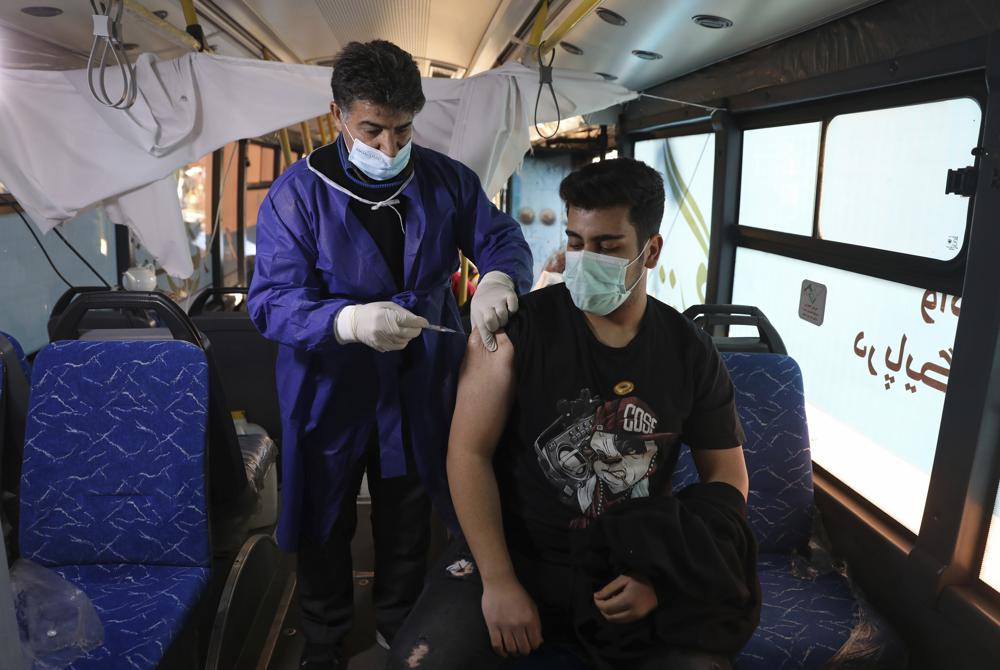
As most of the world watches vaccination rates decline and diseases soar owing to the spread of omicron, Iran has found a rare, if temporary, respite from the pandemic’s fear and trauma.
After nearly two years of viral waves pummeling the country, late mass vaccination under a new, hardline government has offered the suffering population with a sense of seeming protection for a limited period of time.
The possibility of an omicron-fueled surge is now very real. Hospitals are ready for the worst as infection rates resume their upward trend after a months-long hiatus. However, the variation has not been as severe in the Islamic Republic as it has been in many Western countries where most adults received immunizations a year ago.
Infection increases among the immunised from the United States to Russia have highlighted the vaccine’s deteriorating defences against infection, despite its great protection against hospitalisation and death. Meanwhile, Iranians have lately gotten doses and are feeling fine, as their immunity is still strong.
“A considerable number of people have already contracted the virus and massive immunisation has taken place in recent months,” health official Moayed Alavian explained, attempting to explain the sharp decline in infections that is alleviating the pressure on Iran’s overburdened health system.
According to Iran’s official figure, the virus has killed over 132,000 people, the largest national toll in the Middle East.
Ebrahim Raisi, Iran’s newly elected president, has made it a priority to accelerate importation of foreign-manufactured COVID-19 vaccines. With hardliners controlling all departments of government, the new administration is quickly completing a mission that had been plagued by power disputes under former President Hassan Rouhani’s tenure.
Ordinary Iranians are aware of the disparity.
“I have no idea what happened,” claimed Reza Ghasemi, a cab driver in Tehran. “Vaccination occurred in a widespread and rapid manner when Raisi took power.”
Skeptics, on the other hand, criticise the presidents’ radically divergent pandemic responses, pointing out the human cost of the country’s factional strife.
“We delayed immunisation due to political considerations,” reformist politician Masoud Pezeshkian stated openly last September.
Former President Donald Trump’s decision to withdraw the United States from Tehran’s landmark nuclear deal with world powers and impose more sanctions destroyed then-President of Iran, Rouhani and his political group.
Over the past year, talks to resurrect the nuclear deal have stalled, growing suspicion of the West as hopes for immediate sanctions relief faded.

Post Your Comments